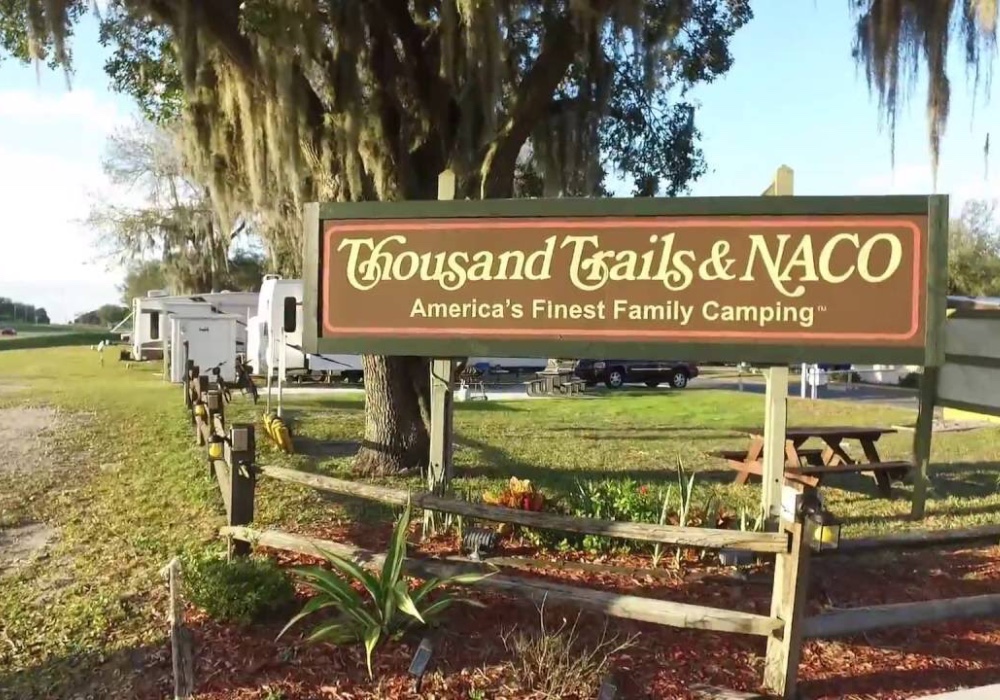
I live and travel in my RV full time. Of course, that’s not unusual to most of you. In fact, many of you are probably thinking of doing the same (if you don’t already). Still, it’s unusual to most others in the world, and the subject tends to lead to some funny discussions.
How To Live And Travel On Less Than $2000 A Month
Some of the questions that come up most often involve income and finances. This is understandable. I know that before we began this adventure, I also wondered how people made it work. I spent weeks searching for work-from-home jobs and trying to piece together a financial plan that made sense based on the amount of income we could bring in doing these jobs.
Now I’m on the other side. I’ve been there, done that, and what I’ve found is that the easiest way to ensure you’re able to bring in enough money each month is to lower your expenses as much as possible. If you’ve ever read any kind of book on money management or budgeting, you’ve probably seen that sentiment more than once, but I’m here to confirm that it’s absolutely true. Not only is it true, it’s also very possible to lower your monthly expenses—perhaps even more than you think—while still living your dream of traveling full time.
By whittling away at our expenses, my family of three now manages to live and travel full time on a mere $1800 a month. We do this in comfort, and every bit of extra money we make goes directly to savings for repairs and other emergencies, meaning we have a safety net should we need it. Here’s how we pull this off.
Pay in Cash

First and foremost, we chose to pay cash for both our truck and our trailer. We had a pretty limited budget at the time, so neither one is the prettiest thing out there. However, they are both solid and get us from point A to point B. We have made some repairs and improvements along the way, and are quite happy with our little home.
With no truck or RV payment, we are completely debt-free, a feeling that is like no other. In order to retain our debt-free status, we’ll be paying cash for any rigs we purchase in the future, and I highly recommend everyone do the same if possible. If you must use credit, please do so responsibly.
Campground Memberships

Campground memberships are what make full-time travel possible for us. We invested in a Thousand Trails membership early on, and while they aren’t the highest quality parks around, they are perfectly adequate and the membership saves us a ton of money.
Other memberships that are worth looking into include:
- Good Sam Club
- Passport America
- Coast to Coast
- Resort Parks International
- Harvest Hosts
- Boondockers Welcome
- Escapees
Reciprocal Memberships

In addition to our camping memberships, we also get some good use out of our reciprocal museum membership. The one we currently own is from the Kern County Museum in California, which gives us reciprocal benefits with four different museum networks. It’s pretty sweet.
Here are the memberships I recommend looking into:
- Kern County Museum (includes four reciprocal networks)
- Boonshoft Museum (includes three reciprocal networks)
- America The Beautiful Pass (admission to all National Parks)
- Cedar Point Platinum Pass (admission to all Cedar Point Parks)
- Six Flags Gold Pass (admission to all Six Flags Parks)
- Merlin Pass (admission to all Legoland properties, Sea Life aquariums, and more)
Eat on the Cheap

Food is a huge expense no matter where you live. It becomes even more expensive when you’re on the road and eating out becomes a huge temptation. We try to avoid these temptations by packing food whenever we are going out. Because nobody wants to eat sandwiches all the time, we have to get creative with our food choices.
We might include:
- Hard-boiled eggs
- Cheese sticks
- Cold pizza
- Soup, pasta, or chili in a thermos
- Cold chicken
- Salads
- Breakfast burritos or quesadillas
All that said, we aren’t always successful in resisting the lure of restaurants. In order to save money when eating out, we will:
- Use Groupon via Ebates (look for discount codes)
- Share meals
- Drink water
- Look for happy hours, kids-eat-free deals, BOGO, etc.
Cell Phones and Internet

For many RVers, cell phones and internet are enormous expenses. They’re absolutely necessary for some, especially those who rely on fast internet and work from home or on the road.
Fortunately, we don’t have very many restrictions. We can work anywhere, and while we don’t love a slow connection, we can deal with it. For this reason, much of our online work is simply done in coffee shops, libraries, and other public places. By using free Wi-Fi, we’ve cut down our monthly expenses tremendously.
Still, we do like having the ability to connect to the internet at home sometimes. Therefore, we keep a low-cost Verizon hotspot plan active. We use this in conjunction with our T-Mobile prepaid phones, which we pay $30 per line per month for. We have yet to run out of data despite the fact that none of our devices are unlimited.
Obviously, using free Wi-Fi is a huge part of this. Other important steps we take to ensure we don’t use all of our data include:
- Using the T-Mobile “Binge On” feature for all video streaming (Netflix, YouTube, etc).
- Carrying out all major downloads and uploads while connected to free Wi-Fi.
- Choosing offline options for our son’s schooling.
- Disconnecting our devices from the internet when not in use in order to prevent accidental updates or downloads over our hotspot.
That’s it!
We have other expenses, of course, including gas. We like to track fuel costs using the free Fuelly app and compare the cheapest gas prices in the area on these free apps before refueling.
Overall, we have a pretty nifty budget that allows us to have tons of fun, as well as plenty of leftover income to put into savings. While you’re working out your budget, you might also like these 20 Money Saving Tips For Frugal RVers.
Looking for long Term Living?
For some, the idea of selling a home and living full time in an RV… with the knowledge to be able to up and travel at a moments notice… is ideal.
If you are near SW MO and looking for a low cost place for a day, a week, a month, or longer, I recommend Blue Skys RV Park in Goodman, MO. Free wifi, pet friendly, laundromat, no frills safe place to stay. They have a zero tolerance for mischief.

